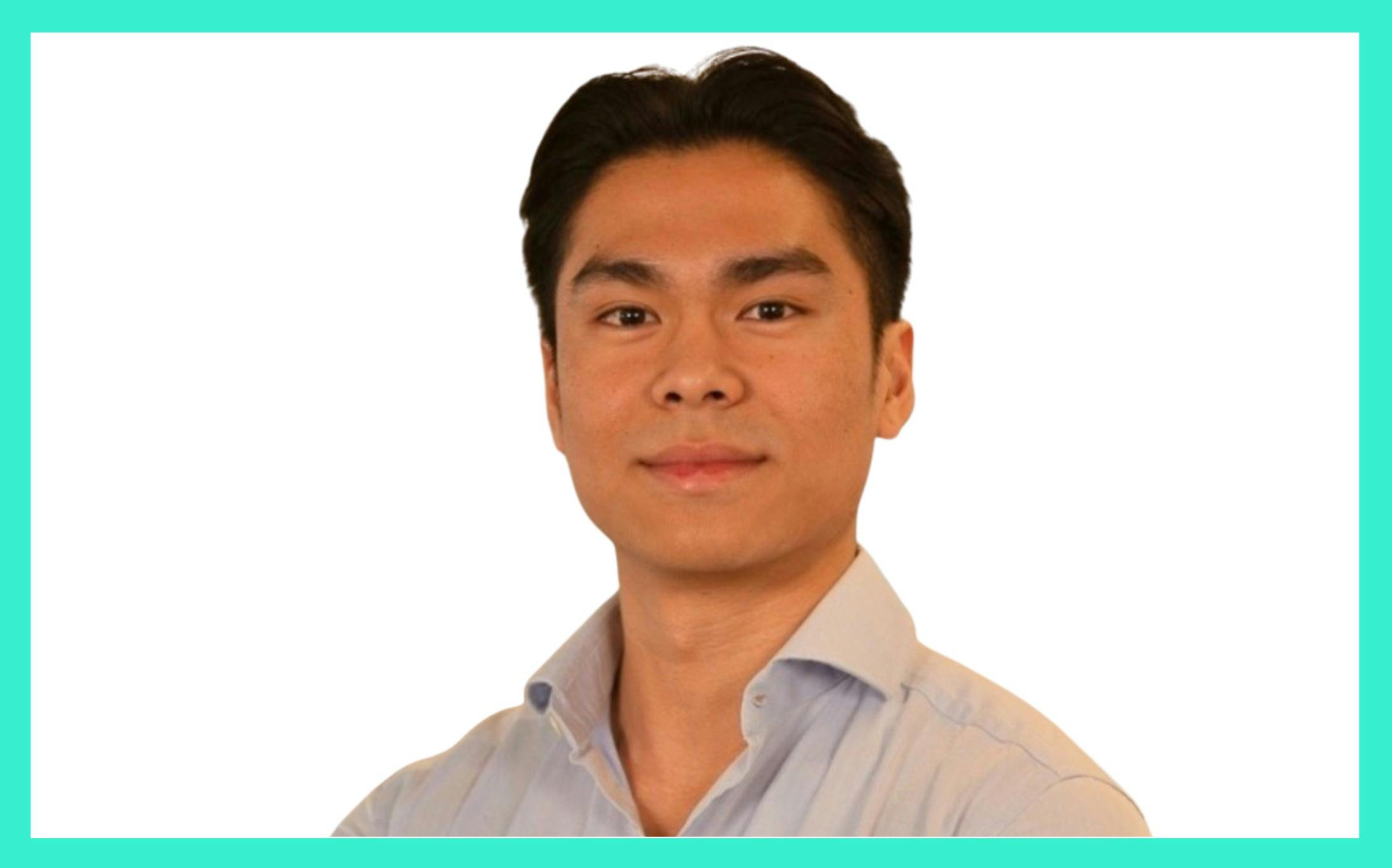Christopher Tan (CTO, TORTUS)
Christopher is a Machine Learning scientist and CTO at TORTUS, a London-based healthtech startup that Christopher co-founded with Dr. Dominic Pimenta following their participation in the Entrepreneur First program.

Can you explain your job to a five-year-old?
I work at a company called TORTUS, building tools to help doctors and nurses spend less time on paperwork and more time with patients. Our main product is called O.S.L.E.R., which is like a smart helper that uses AI technology to capture the conversations between doctors and patients. It then writes down important notes and updates medical records automatically. Imagine you have a friend who helps you remember things and writes down notes when you talk to your teacher, so you can focus on learning and having fun. That’s what O.S.L.E.R. does for doctors—it helps them by taking care of the boring paperwork so they can focus on taking care of people who are sick.
What excites you most about your job?
O.S.L.E.R is a first-of-its-kind product with the potential to deliver huge improvements in patient and clinician experiences and outcomes. It’s exciting to be working on research and pilot projects with some of the leading healthcare institutions in the U.K., U.S., and Canada, and we’re also gathering data on the impact that our technology is having on clinical workloads.
Which trend will change the future of medicine?
Without a doubt, AI is going to touch almost every aspect of healthcare delivery over the next decade. At TORTUS, we’re at the forefront of efforts to deploy generative AI into clinical workflows. At the same moment, other companies are demonstrating how AI can be applied to improve diagnostic accuracy, speed up drug discovery, plan preventative care programs, and optimize resource allocation. Despite all of this, we’ve still only reached the tip of the iceberg when it comes to unlocking the full potential of AI in healthcare.
Looking back, which trends have you missed or underestimated?
The full potential of wearable technologies and consumer health apps has not yet been unlocked. Huge volumes of public health data are being collected by apps like Whoop, Fitbit, and Flo every second of the day, but no one has yet created a way to securely unite and analyze this data to support public health initiatives.
Which MedTech initiative or startup deserves more attention?
The U.K.’s national institute for data science and AI, The Alan Turing Institute, has recently launched a ‘Transformation of Health’ research initiative in partnership with stakeholders from across the health sectors. This initiative is focused on harnessing the opportunities arising from the revolution in data science and AI to enable a more proactive focus on the prevention, earlier identification, and better-targeted treatments of disease. I believe that collaborative, expert-led projects such as this are essential to champion the safe and effective utilization of AI in healthcare.
Where would you put a million dollars?
If I had a million dollars to invest, I would allocate it to funding the development and deployment of low-cost health technologies in countries with limited healthcare provision. These could include portable diagnostic devices, mobile health tracking apps, and education resources, each tailored to meet unique patient requirements in different geographic areas. Health technologies have the potential to transform healthcare accessibility and quality in regions where traditional medical infrastructure is lacking or insufficient.
What's the best advice you've ever received?
The best advice I have ever received was from Eric Jang, VP of AI at Halodi Robotics, ex-Google Brain and the current Chief Scientific Advisor to TORTUS. He said “Life is too short to attempt anything less than that which takes infinite courage.” He derived this from a quote from Richard Hamming, who was talking about Claude Shannon: “He wants to create a method of coding, but he doesn’t know what to do so he makes a random code. Then he is stuck. And then he asks the impossible question, ‘What would the average random code do?’ He then proves that the average code is arbitrarily good, and that therefore there must be at least one good code. Who but a man of infinite courage could have dared to think those thoughts?”